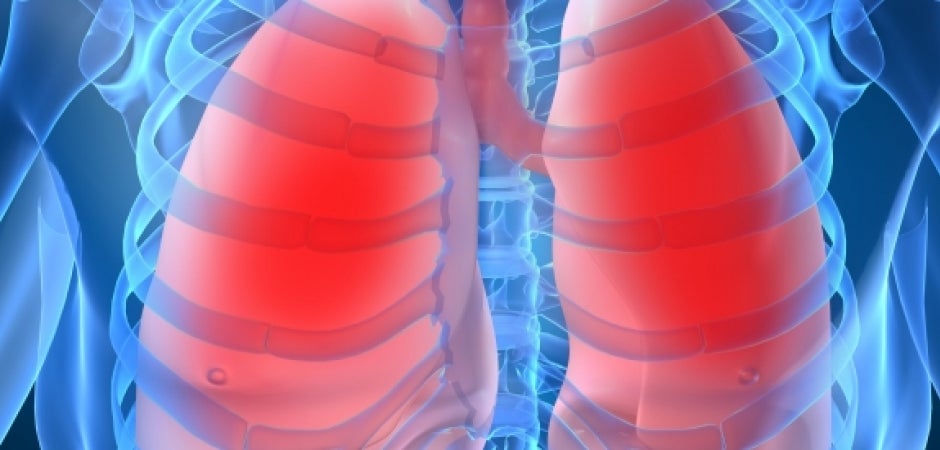
People having difficulty breathing often show signs that they are not getting enough oxygen, indicating respiratory distress. Below is a list of some of the signs that may indicate that a person is not getting enough oxygen. It is important to learn the signs of respiratory distress to know how to respond appropriately. Always consult your doctor for a diagnosis:
-
Breathing rate. An increase in the number of breaths per minute may indicate that a person is having trouble breathing or not getting enough oxygen.
-
Color changes. A bluish color seen around the mouth, on the inside of the lips, or on the fingernails may occur when a person is not getting as much oxygen as needed. The color of the skin may also appear pale or gray.
-
Grunting. A grunting sound can be heard each time the person exhales. This grunting is the body's way of trying to keep air in the lungs so they will stay open.
-
Nose flaring. The openings of the nose spreading open while breathing may indicate that a person is having to work harder to breathe.
-
Retractions. The chest appears to sink in just below the neck and/or under the breastbone with each breath--one way of trying to bring more air into the lungs.
-
Sweating. There may be increased sweat on the head, but the skin does not feel warm to the touch. More often, the skin may feel cool or clammy. This may happen when the breathing rate is very fast.
-
Wheezing. A tight, whistling or musical sound heard with each breath may indicate that the air passages may be smaller (tighter), making it harder to breathe.
Our respiratory therapy department provides 24-hour-a-day coverage for all of your pulmonary needs. Our respiratory therapists perform pulmonary function tests, treadmill stress tests and are ventilator trained.
The goals of respiratory therapy are to help our patients:
-
Have less symptoms and fewer complications
-
Need less emergency department visits and hospital stays
-
Improve their daily function
-
Be as independent as possible
-
Have a better quality of life
